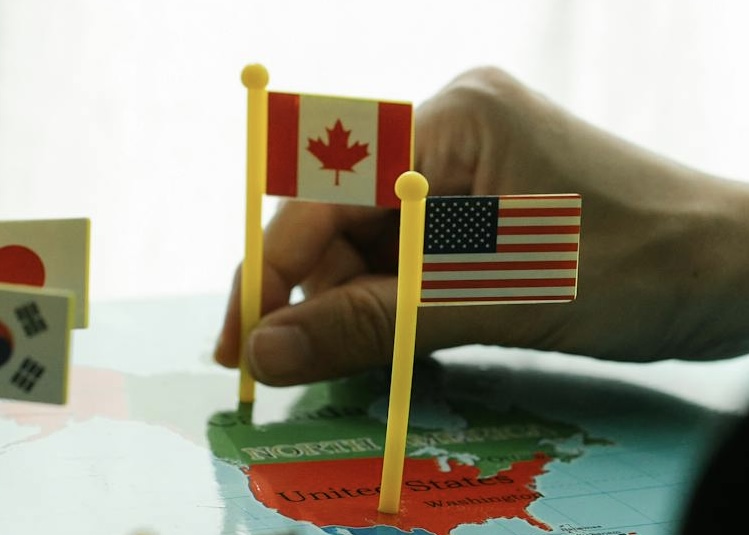On June 24, 2025, in Ottawa, Deputy Minister of Finance Chris Forbes briefed industry and labour leaders on Canada’s ongoing efforts to respond to the U.S. tariffs that have affected Canadian industries. This session, which also included senior officials from the Embassy of Canada in Washington, D.C., was aimed at keeping stakeholders informed about the evolving economic and trade relations between the two countries.
In his address, Deputy Minister Forbes outlined Canada’s continued push back against what is seen as unjustified U.S. tariffs, shedding light on the ongoing discussions between Prime Minister Carney and U.S. President Trump. He specifically pointed to the recent meeting at the G7 Leaders’ Summit in Kananaskis, Alberta, where both leaders agreed to initiate negotiations aimed at reshaping the economic and security relationship between the nations.
Forbes went on to detail the government’s new initiatives, particularly in relation to Canada’s steel and aluminum industries. He confirmed that, starting on July 21, Canada would adjust its counter-tariffs on these products, aligning them with progress made in broader trade talks with the U.S. This adjustment is a key part of Canada’s strategy to protect domestic industries while responding to the unfair imposition of U.S. tariffs.
In addition to tariff adjustments, Forbes highlighted several other significant measures to further support Canada’s steel and aluminum sectors. These include restricting access to federal procurements to Canadian suppliers and those from countries that provide reciprocal access, introducing new tariff rate quotas to stabilize the market, and preventing trade diversions due to U.S. actions. The government will also implement additional tariffs based on the “country of melt and pour” for steel and the “country of smelt and cast” for aluminum, targeting unfair trade practices and overcapacity issues within these industries.
The Deputy Minister also reassured stakeholders about the availability of several business support programs, including the newly established $10 billion Large Enterprise Tariff Loan facility, which is currently open to applications. He confirmed that the broader remission framework is actively being assessed, with individual remission requests under review.
Forbes concluded his briefing by emphasizing the government’s readiness to take further action if necessary, reinforcing that Canada will continue to take proactive steps to safeguard the steel and aluminum industries and their workers from the ongoing challenges posed by U.S. trade policies.

